At the American Cancer Society, saving lives is our mission. We achieve our mission by drawing on our humanity. Humanity made up of courage, determination, innovation, passion, empathy, and caring. These are the values that give us the advantage over cancer.
Our work is important. And so are the people doing it. The people who work at the American Cancer Society focus their diverse talents on our singular mission: to end the pain and suffering of cancer. It is a calling. And the people who answer it are fulfilled. We value our employees and nearly 2 million volunteers around the globe that have stood with us through the years, and we will not rest until the fight is won. And that day is drawing nearer.
**Final title of position is subject to candidate’s qualifications**
Masters level epidemiologist or biostatistician to provide technical support to Scientific Director in the areas of surveillance research and other senior staff members in the SHSR program. This work provides an exceptional opportunity for a highly motivated candidate to gain broad experience in national and international cancer surveillance research.
MAJOR RESPONSIBILITIES
• Document analytic programs and results in an organized, dated, and clearly labeled form for future reference.
• Assist with Facts & Figures publications.
• Engage as an active collaborator in the development of research protocols including literature reviews, development of database, conducting analyses, and writing manuscripts for publication in peer reviewed journals.
• Respond to surveillance services research related inquiries from other components of ACS, the public and the media.
• Develop in-depth understanding of uses and limitations of databases commonly used in surveillance research, including SEER, NPCR, CiNA, CIV, GLOBOCAN, NHIS, BRFSS, NHNES, BRFSS, and others.
• Develop proficiency in relevant software including SEER*STAT, APC Analysis Web Tool, Joinpoint, and SAS.
• Prepare tables and figures for scientific presentations using Excel, PowerPoint, and Origin.
• Proofread reports for publication and presentation at professional meetings.
• Encouraged to participate in peer-reviewed publications and to conduct self-initiated research projects.
• Candidate must have a close attention to detail and must be able to work well both independently and in teams.
SKILLS:
• Interest in descriptive epidemiology and surveillance research.
• Ability to manage multiple tasks and excellent organizational and communication skills.
• Knowledge of statistical methodology and software, including SEER*STAT, APC Model, Joinpoint model, and SAS, SUDAAN.
• Knowledge of tumor registry operations, surveillance research, SEER, NCDB, NAACCR, CIV, and other sources of data for research on cancer surveillance preferred. Knowledge and familiarity with epidemiology of cancer is highly desirable.
For more information and to apply, click HERE


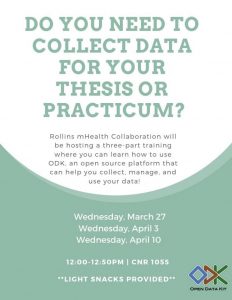
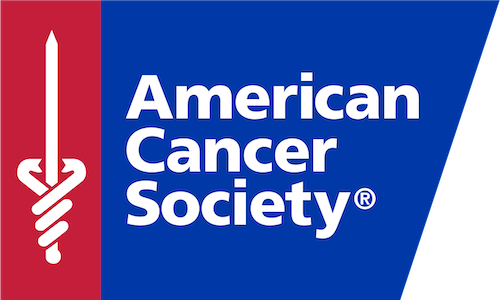
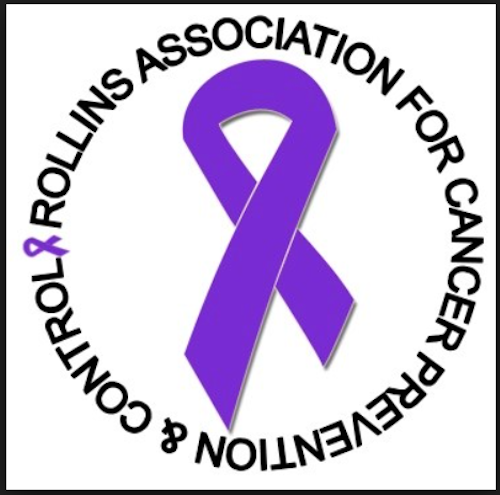

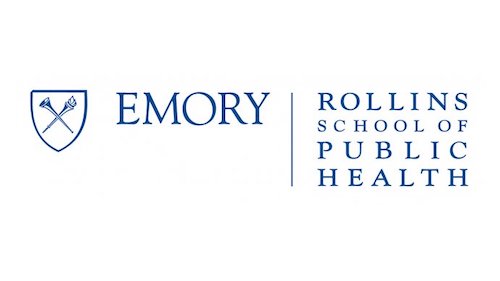


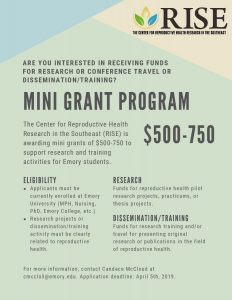
Recent Comments